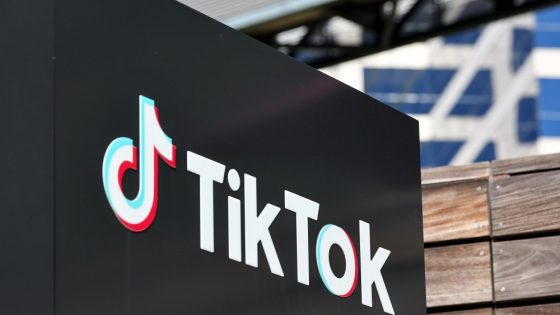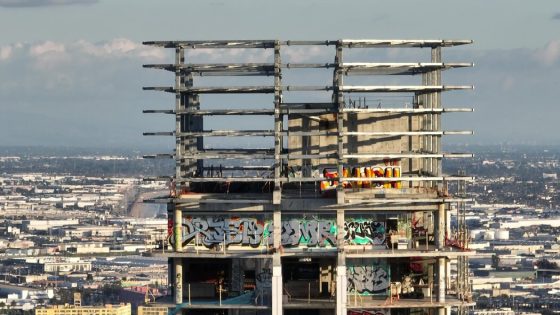U.S. lawmakers have moved closer to enacting a countrywide ban on TikTok.
Last month, the House of Representatives passed a bill by a wide margin that would ban distribution of TikTok in U.S. unless TikTok’s Chinese parent, ByteDance, sells its ownership in the app within 165 days of the law’s enactment. On Wednesday, House Speaker Mike Johnson issued a new proposal that would extend the sale requirement deadline to nine months, with a potential for a 90-day extension — addressing a key concern of Sen. Maria Cantwell (D-Wash.), chair of the Senate’s Commerce, Science and Transportation Committee, that the divestiture timeline was too short.
The revised TikTok ban proposal is tied to a broader bill providing emergency aid for Ukraine and Israel; the House is expected to vote on the measure Saturday, and if it passes would move to the Senate. President Biden has said he will sign the TikTok divest-or-ban legislation into law.
On Wednesday evening, Cantwell said she supported the revised TikTok ban bill. “I’m very happy that Speaker Johnson and House leaders incorporated my recommendation to extend the ByteDance divestment period from six months to a year,” she said in a statement. “As I’ve said, extending the divestment period is necessary to ensure there is enough time for a new buyer to get a deal done. I support this updated legislation.”
In a statement Wednesday evening, TikTok said, “It is unfortunate that the House of Representatives is using the cover of important foreign and humanitarian assistance to once again jam through a ban bill that would trample the free speech rights of 170 million Americans, devastate 7 million businesses, and shutter a platform that contributes $24 billion to the U.S. economy, annually.”
SEE ALSO: Would Banning TikTok Be a Boon or Bummer for Hollywood?
It looks unlikely that ByteDance would sell its stake in TikTok, which would mean the app would be essentially outlawed in the United States. Chinese officials have said the government would “firmly oppose” any forced sale of TikTok — moving to block it under the country’s technology export rules — because it would “seriously undermine the confidence of investors from various countries, including China, to invest in the United States.”
Many U.S. lawmakers on both sides of the aisle perceive TikTok to be a national security threat, on the theory that China’s communist regime could demand access to data on U.S. users or force TikTok to promote Chinese propaganda. TikTok has repeatedly claimed the Chinese government has never made such demands (and that TikTok would not comply with them if they were made) and says 60% of ByteDance’s ownership is represented by global investment firms.
The TikTok ban, if it becomes law, is expected to face legal challenges, including potentially from TikTok. Prior attempts in the U.S. to ban the app — under former President Trump — failed on First Amendment grounds and because courts found legal challenges have presented only hypothetical national security risks rather than actual evidence TikTok has shared data with Chinese authorities.
“We will not stop fighting and advocating for you,” TikTok CEO Shou Zi Chew said in a March 13 video message to the app’s U.S. users. “We will continue to do all we can, including exercising our legal rights to protect this amazing platform that we have built with you.” He also urged TikTok’s American users to “protect your Constitutional rights” and “make your voices heard” to U.S. senators.
VIP+ Analysis: TikTok Now Among Internet Traffic “Supergiants”
Source Agencies



